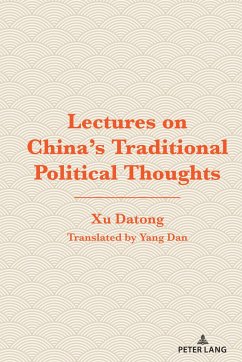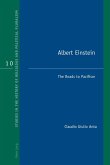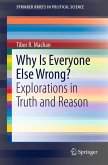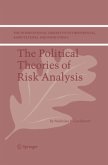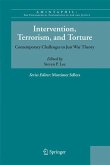Drawing on inspirational advice from philosophers in ancient China, Lectures on China's Traditional Political Thoughts takes readers through major schools of China's traditional political thoughts, including the Confucian School, the Mohists' School, the Daoists' School and the Legalists' School. Written in exceptionally clear and user-friendly style, this book provides valuable insights into the study of political science, gives a clear, thorough and balanced introduction to the basic characteristics, clues and focuses of ancient China's political thoughts, offers an accurate depiction of ancient Chinese intellectuals and compares different political ideological systems in China and the West. The book also contains a detailed glossary of important terms both in Chinese and English.
In China, a country with a vast area, a large and multi-ethnic population, a complex situation and a long history, ancient Chinese political thoughts have left people a wealth of lessons on how to reconcile various contradictions, enable the country to develop steadily and ensure the people to live in peace and work in contentment. The wisdom gathered throughout history is central to the understanding and practice of Chinese people's pursuit of universal harmony, which has an increasing cultural impact in the world today. This book is extremely useful as the starting point for understanding China's traditional political thoughts and as a textbook ideal for learners and researchers on courses in China's traditional political thoughts. Readers who may have no previous knowledge will also find the book interesting and illuminating.
In China, a country with a vast area, a large and multi-ethnic population, a complex situation and a long history, ancient Chinese political thoughts have left people a wealth of lessons on how to reconcile various contradictions, enable the country to develop steadily and ensure the people to live in peace and work in contentment. The wisdom gathered throughout history is central to the understanding and practice of Chinese people's pursuit of universal harmony, which has an increasing cultural impact in the world today. This book is extremely useful as the starting point for understanding China's traditional political thoughts and as a textbook ideal for learners and researchers on courses in China's traditional political thoughts. Readers who may have no previous knowledge will also find the book interesting and illuminating.

